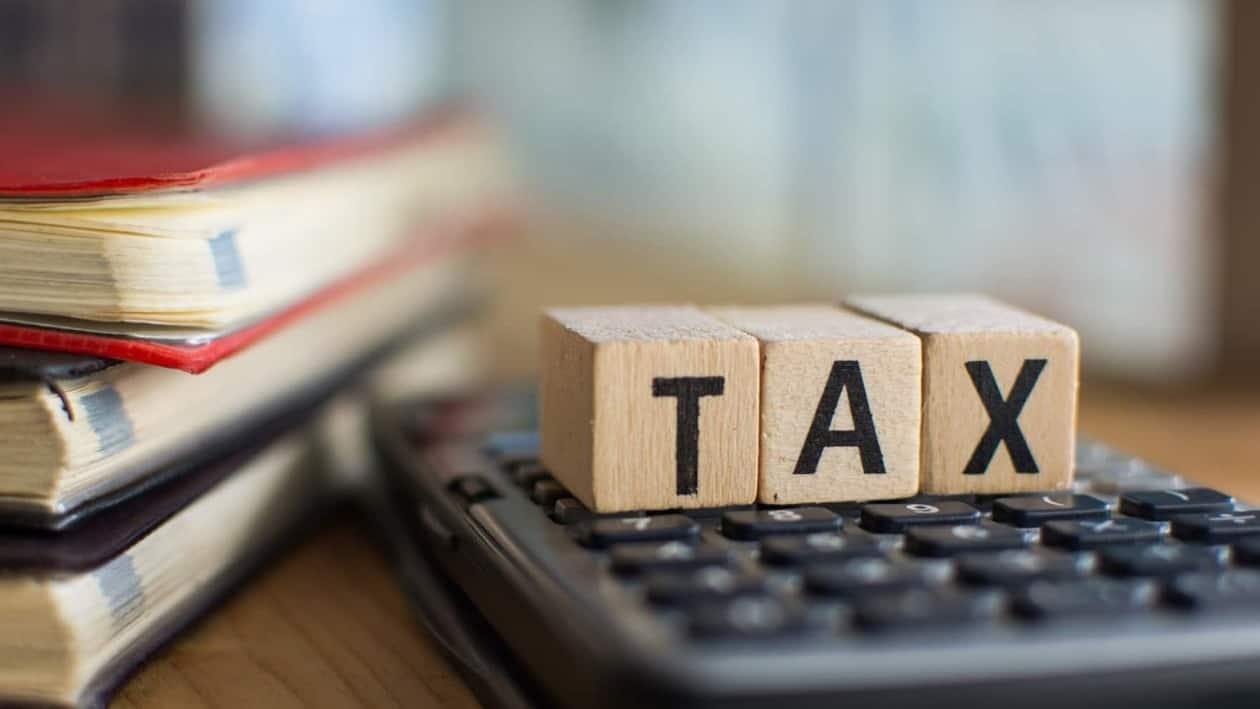If you drive an electric vehicle that not helps you protect the environment but relieves you from relying on traditional energy sources like gasoline or diesel fuel, you are in for an added benefit as the Income Tax Department allows you the benefit of deduction under Section 80EEB of Income Tax Act, 1961.
As per the rules listed under this section, individuals can avail of tax deduction benefits of up to ₹1.5 lakh on the interest paid for a loan taken exclusively for purchasing an electric vehicle. However, specific conditions related to the loan provider and the electric vehicle must be met to claim the deduction under Section 80EEB.
The eligibility criteria for availing of the benefits under this section are as follows:
Eligibility of the taxpayer: Only individuals are eligible to claim the tax deduction. Other entities such as HUFs, AOPs, partnership firms, companies, and other types of taxpayers are not eligible.
Purpose of the loan: The loan should be utilized exclusively for the purchase of an electric vehicle. If the loan is used for any other purpose, it would not qualify for the tax deduction.
Loan tenure: The loan must be taken within the specified timeframe, which is from 1st April 2019 to 31st March 2023. Loans taken outside this period would not be eligible for the deduction.
Approved lenders: Only loans obtained from approved banks and non-banking financial companies (NBFCs) will be considered for the tax rebate. Loans from other sources may not be eligible for the deduction.
It is important to stay updated with the latest guidelines and notifications from the Income Tax Department, as these criteria may be subject to change. Consulting a tax professional is recommended for accurate and up-to-date information regarding the eligibility criteria for claiming tax deductions under Section 80EEB.
How much deduction is available under Section 80EEB of the Act?
The buyers of electric vehicles can avail of a tax deduction benefit under Section 80EEB of the Income Tax Act. This deduction allows for up to ₹1.5 lakh to be claimed on the interest paid towards a loan specifically taken to buy an electric vehicle.
It's important to note the following additional details regarding the tax deduction under Section 80EEB:
Individual taxpayers: This deduction is exclusively available for individual taxpayers. Other entities such as HUF, partnership firms, companies, and others are not eligible to claim this deduction.
Business use: If an individual taxpayer takes a loan to purchase an electric vehicle for business purposes, they can claim the 80EEB tax rebate on the interest paid above ₹1.5 lakh. In such cases, the interest paid can be claimed as a business expense.
Registration requirements: To claim the tax rebate, the electric vehicle registration should be in the name of the individual owner or the business enterprise, depending on the purpose of the loan.
Documentation: It is important to keep the interest paid certificate and other relevant documents handy while filing income tax returns to support the claim for the tax deduction under Section 80EEB.
Who and when can one claim the deduction under Section 80EEB?
To claim a deduction under Section 80EEB, the following conditions must be met:
Deduction limit: The maximum deduction limit under Section 80EEB is set at ₹1.5 lakh per year. No further deductions can be claimed under any other provisions of the Income Tax Act about the electric vehicle purchase.
One-time deduction: The deduction is available only once to a taxpayer and is applicable specifically to purchasing an electric two-wheeler or four-wheeler.
First-time purchase: To claim the deduction, the electric vehicle purchase must be the first time you are financing such a vehicle.
Recognised lender institution: The auto loan taken to purchase the electric vehicle must be sanctioned by a recognized financial institution. Loans obtained from other sources may not be eligible for the deduction.
Sanction period: The loan must be sanctioned between April 1, 2019, and March 31, 2023, to be eligible for the deduction.
The tax deduction benefit provided under Section 80EEB has played a crucial role in driving the increasing adoption of electric vehicles among the general public in India. This tax rebate not only promotes a sustainable future but also enables eligible taxpayers to enhance their tax savings beyond the conventional exemptions like Sections 80C and 80D of the Act. By availing of this deduction, individuals can contribute to both environmental conservation and financial well-being.
